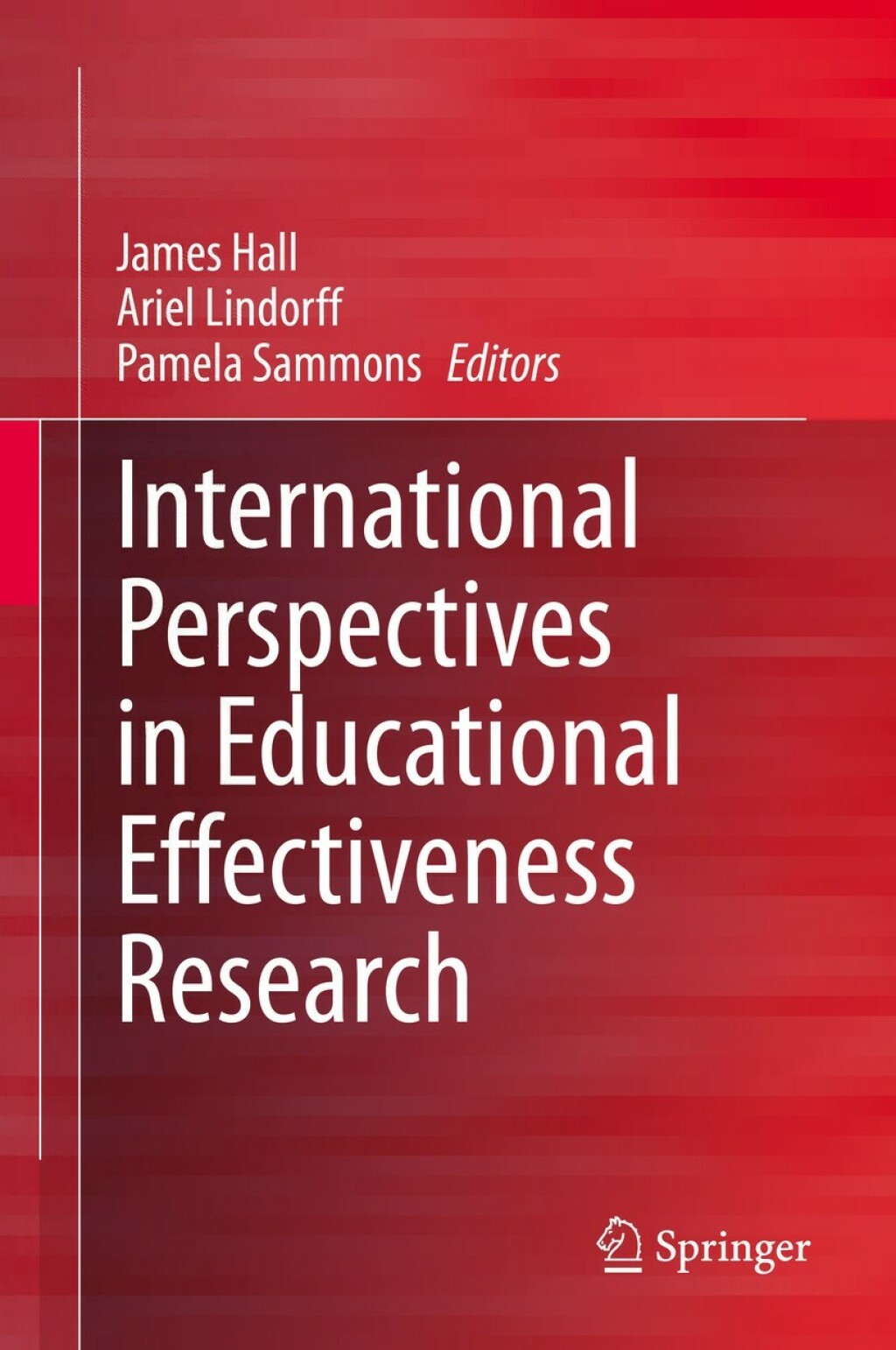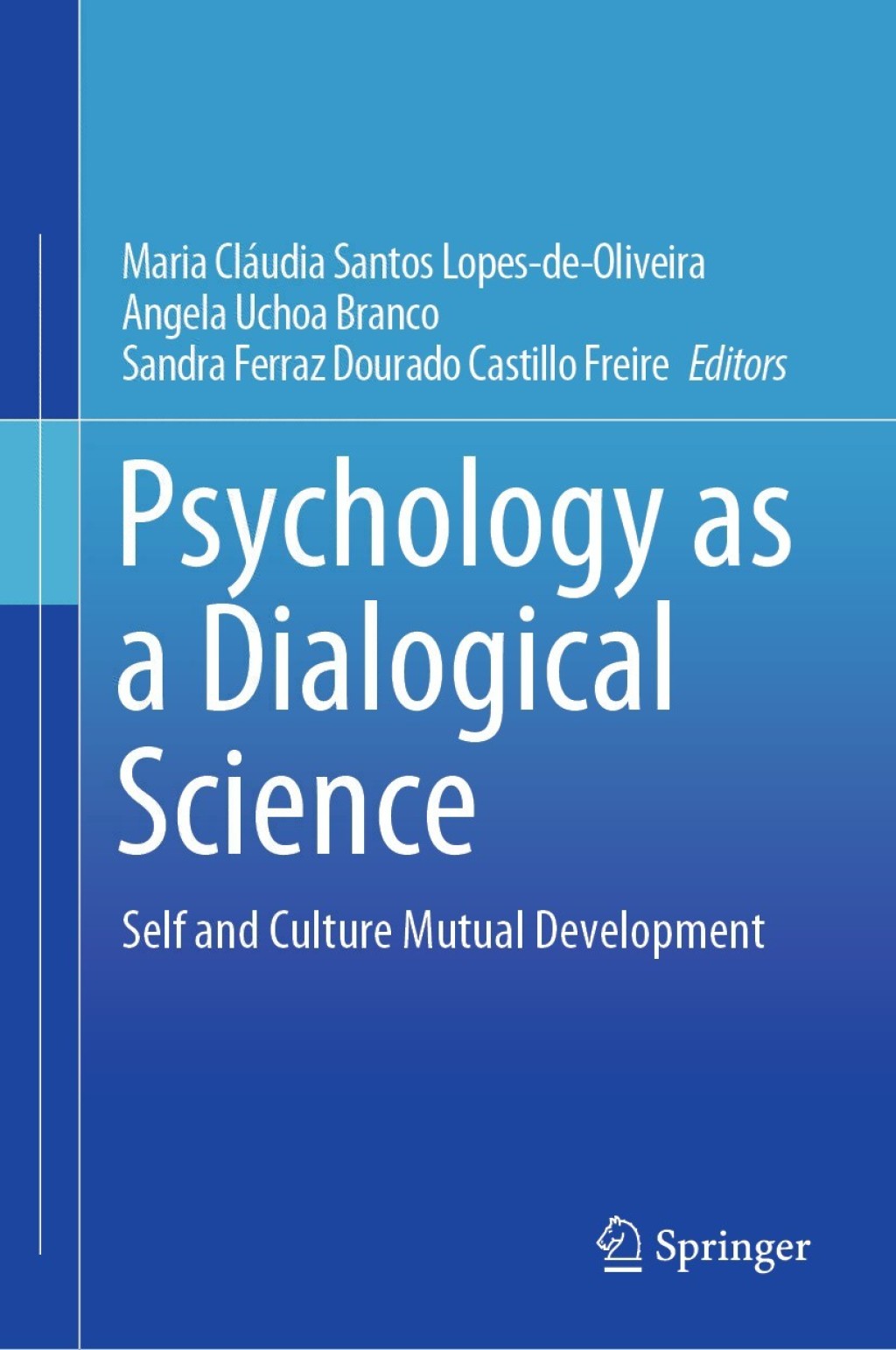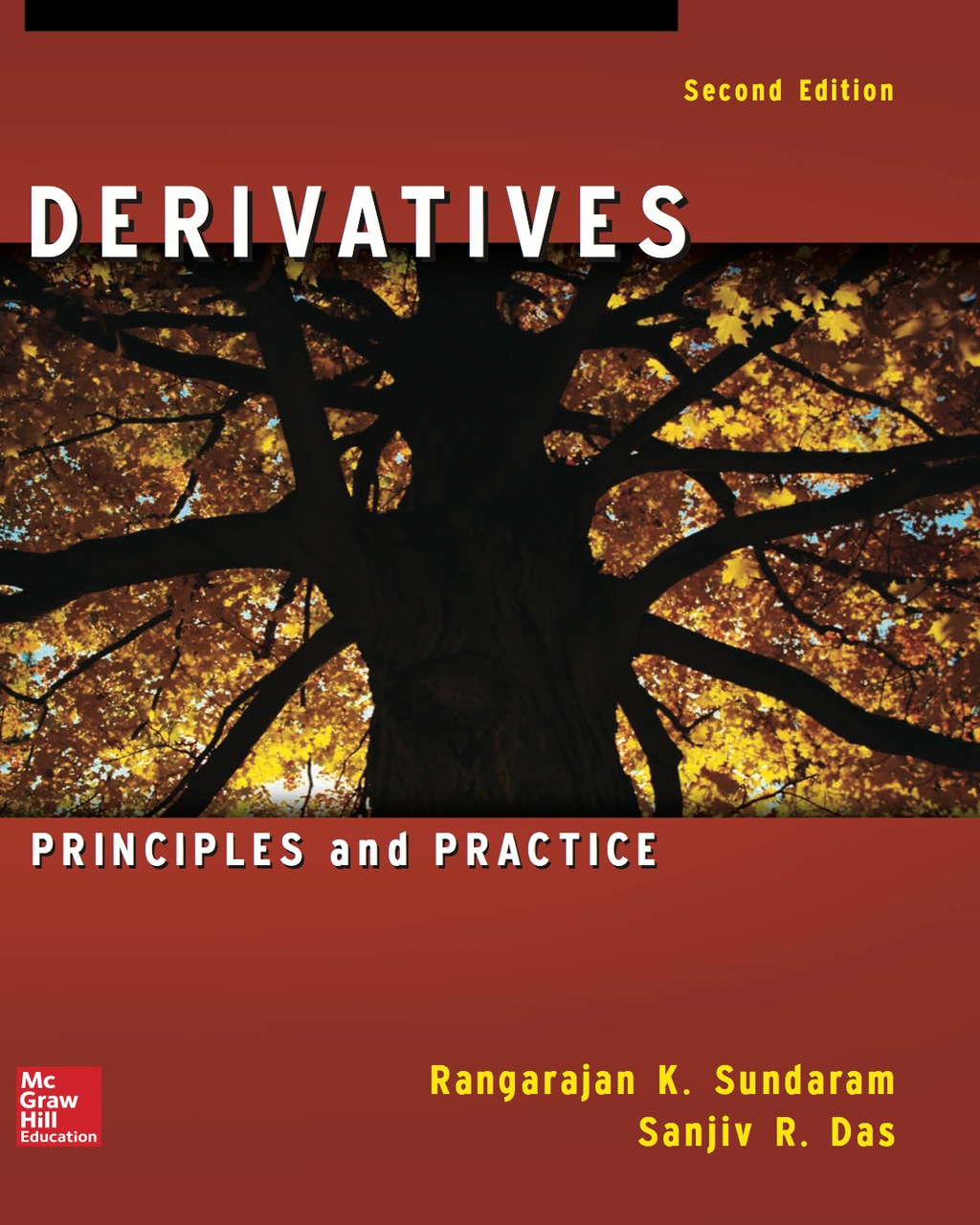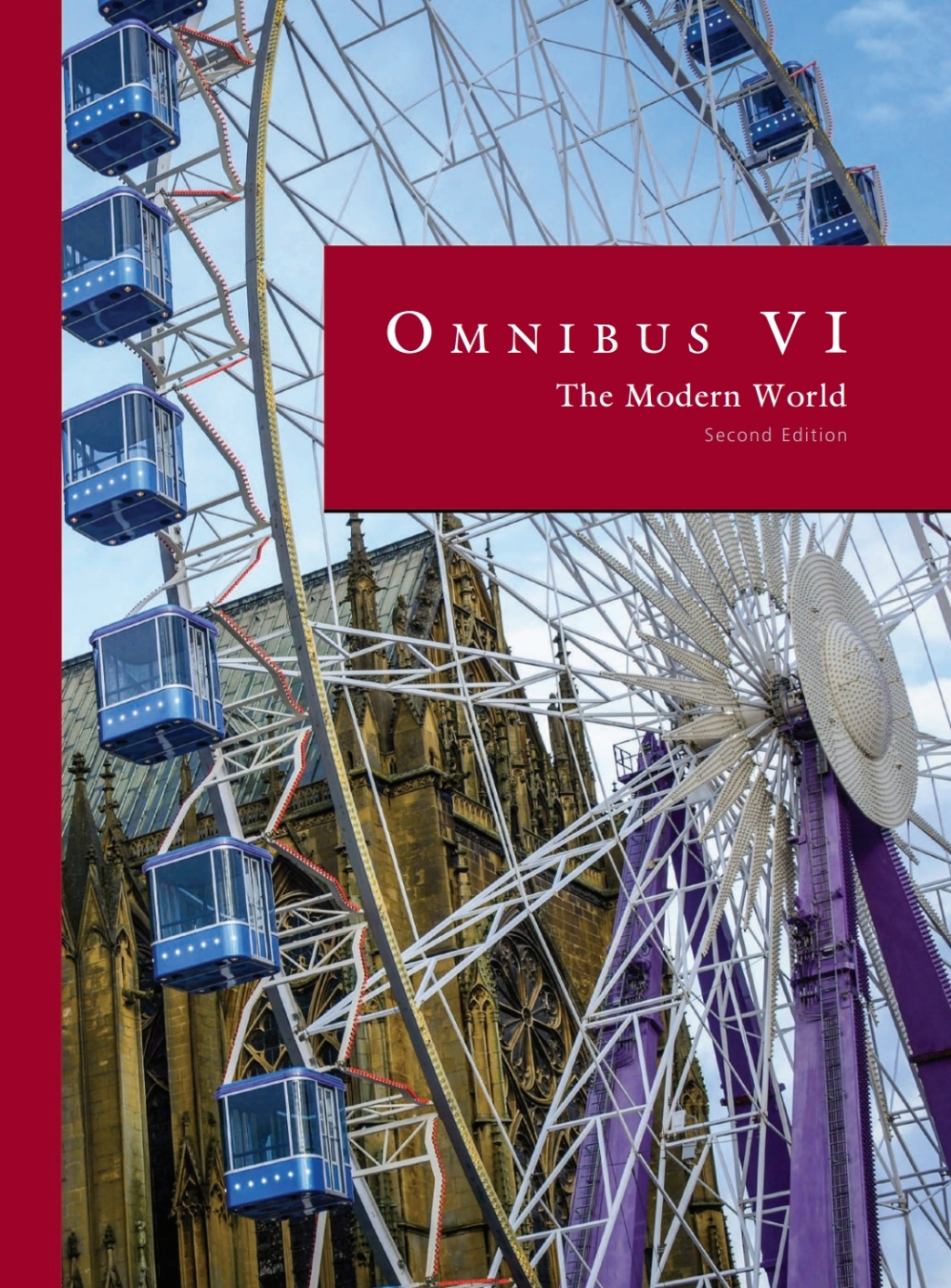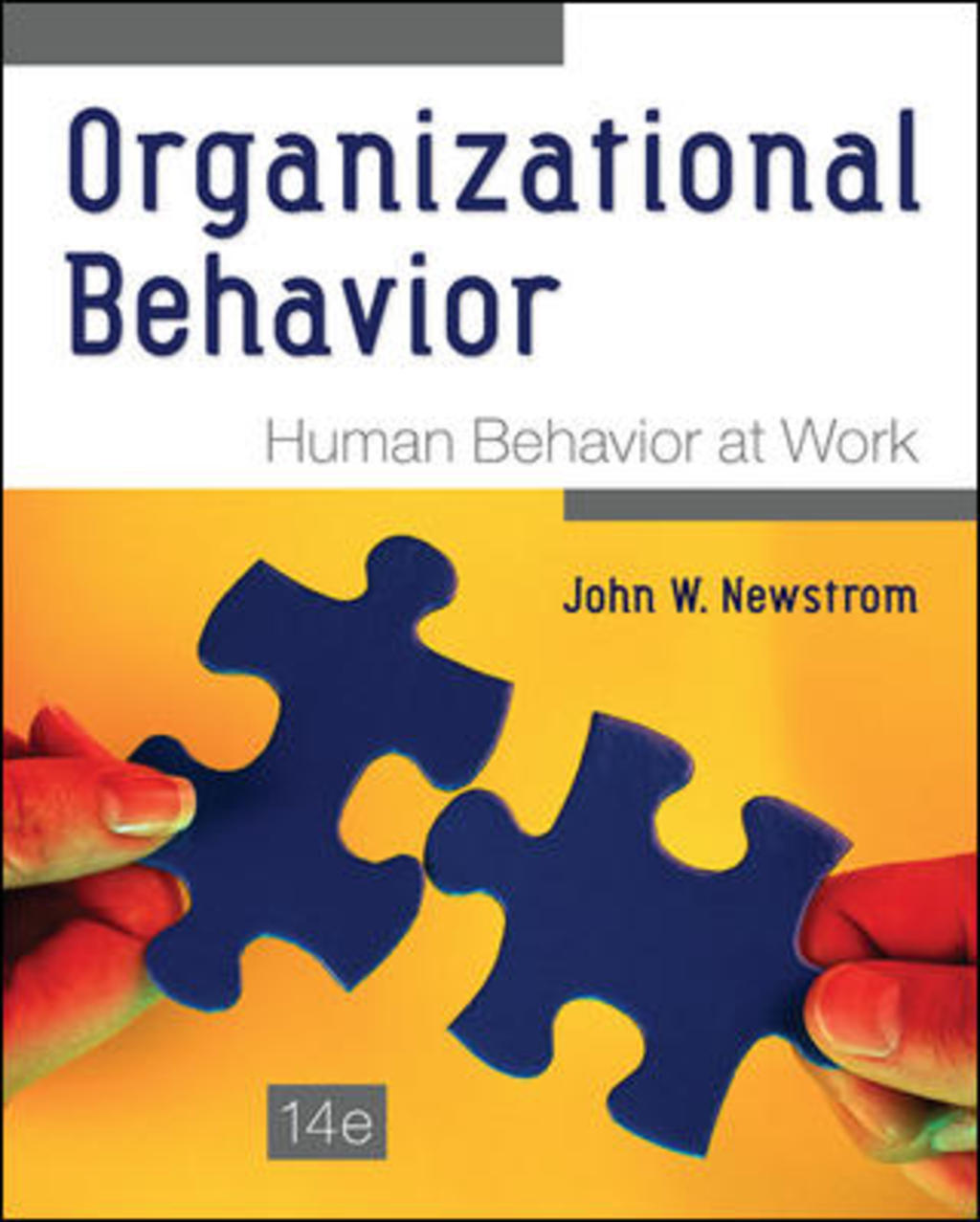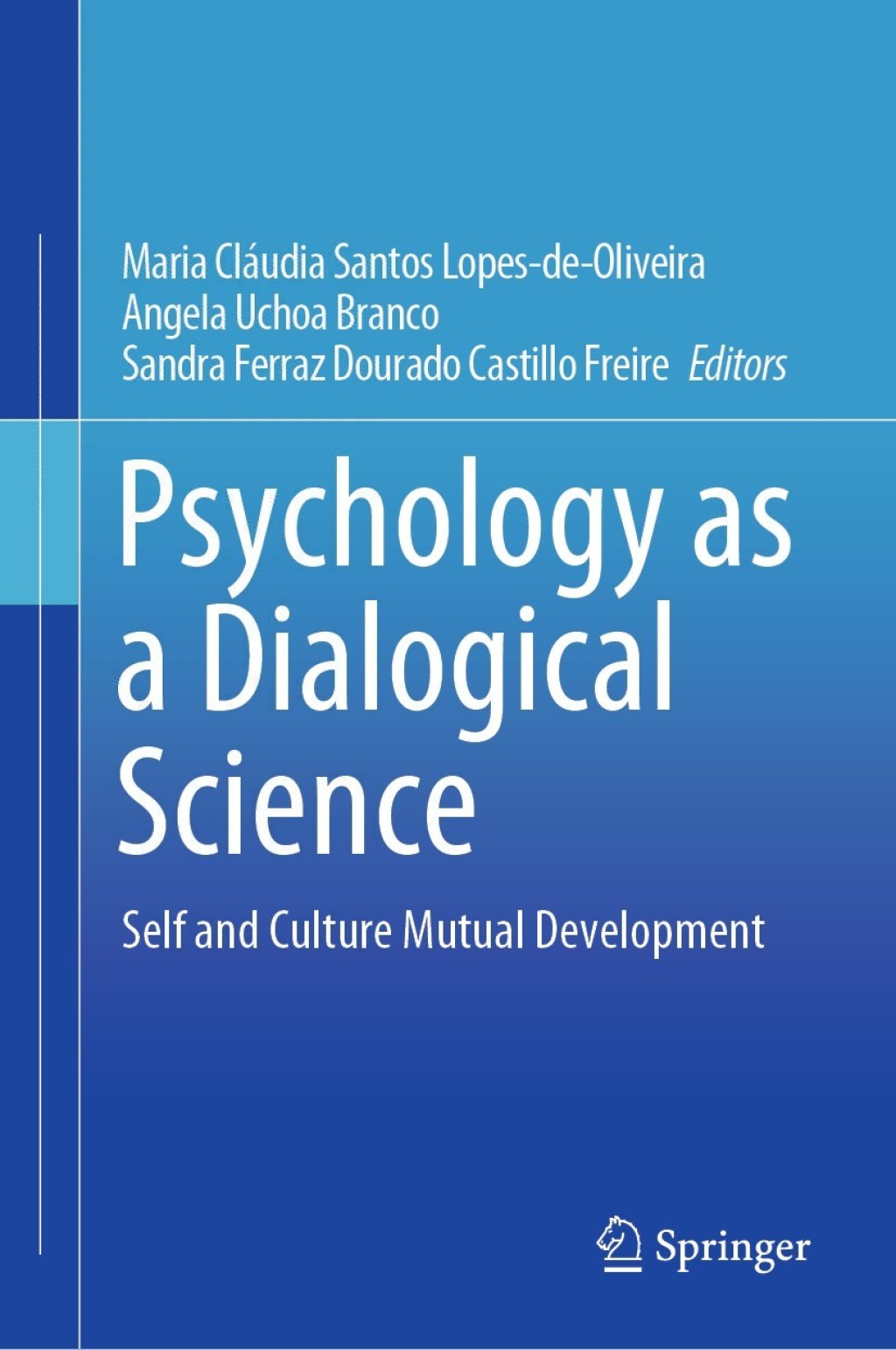Description
This book intends to translate into theoretical, methodological and practical language the principles of dialogical psychology. Throughout the 19th and 20th centuries, theoretical models in psychology have approached human mind and behavior from a monological point of view, a generalizing perspective which ignored the core role of social transactions in the construction of the person and sought to explain psychological functioning only looking inside individuals’ minds and brains, or in mechanist sets of reinforcement contingencies. However, for the last 40 years, critical perspectives within the fields of psychological and sociological theoretical thinking have produced an important epistemological shift towards a new dialogical paradigm within the behavioral and social sciences. The contributions in this volume intend to present both the theoretical framework and possible applications of dialogical psychology in different fields of research and practice, such as: Developmental psychology School and educational psychology Social and personality psychology Education Social work Anthropology Art Psychology as a Dialogical Science – Self and Culture Mutual Development will be an invaluable resource to both researchers and practitioners working in the different areas involved in the study and promotion of healthy human development by providing an alternative scientific framework to help overcome the traditional, reductionist, monological explanations of psychological phenomena.¬â€Â


